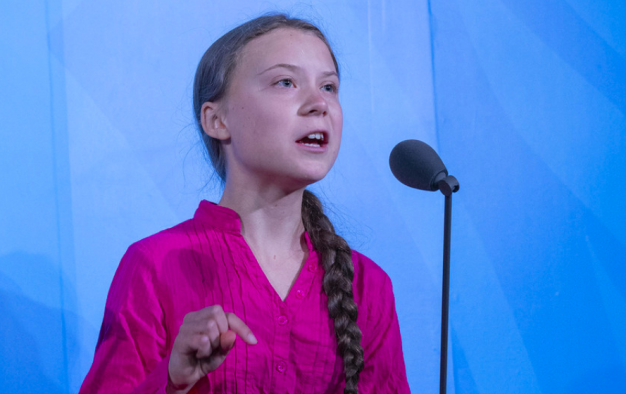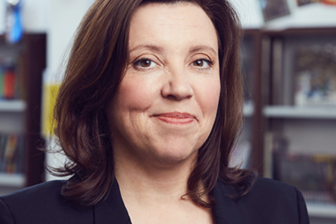
Young people feel ‘eco-anxiety’ because of the failures of older generations
If being tasked with the enormous responsibility of delivering tomorrow’s climate change solutions wasn’t enough, young people say they are increasingly bearing the brunt of ‘eco-anxiety’ because of a sense of abandonment from their elders.
That’s the message from researchers in Australia, who have released a fascinating report which highlights and confirms the ‘intense feelings of despair’ felt by today’s youth as they contemplate the relentless impact of climate change.
The report is the result of a collaboration between the Young and Resilient Research Centre at Western Sydney University and UNICEF Australia. Their Child-Centred Climate Indicators study involved a series of in-depth consultations with young people aged 10–18 years old in three regions of New South Wales: the flood-prone Northern Rivers region, coal-mining towns in the Upper Hunter that are transitioning to renewable energy production, and heatwave-affected suburbs of Western Sydney.
As well as highlighting their concerns, the report is also significant for being the first time a research team has used young people’s insights to develop a set of measures to monitor climate policy, known as ‘indicators.’
‘Sense of abandonment by the older generation’
Lead researcher, Professor Amanda Third from the Young and Resilient Research Centre, said that the way in which adults and decision makers respond (or don’t respond) to these calls from young people is critical and can have far reaching implications for young people’s sense of trust in governments, democratic processes and institutions.
“”It’s clear that young people are feeling a sense of abandonment by the older generation. When an entire generation is having these kinds of feelings in an ongoing way, this signals that a major social issue is brewing,” said Prof Third. “If young people don’t have a sense of trust in governments and democratic processes, if they don’t have a sense of hope, then this can have a highly damaging impact on their participation and engagement in democracy, not to mention on their psychosocial development, health and wellbeing.”
Time and again, the research highlighted one clear message – that the ‘only antidote to the eco-anxiety they are experiencing is swift and meaningful climate action taken by all sectors of society to solve the climate crisis’.
One of the co-researchers credited in the report is 15-year-old Yehansa Dahanayake, a student and climate activist from Western Sydney, who says that young people are ‘angry and concernend’ for their future.
‘We can’t see action being taken fast enough’
“No previous generation has had to deal with an existential threat to their future like this [of this scale]. We feel a burden to solve this [climate change] ourselves because we can’t see action being taken fast enough,” added Yehansa.
Many participants in the study said they believed adults ‘don’t really care’ about climate change and are not invested in finding solutions because they will not be alive to experience its most serious consequences.
Nishadh Rego, Head of Climate at UNICEF Australia, said, “This research confirms that children and young people are experiencing high levels of anxiety and distress about the climate crisis and don’t feel listened to.
“A powerful antidote to disengagement and anxiety, is putting children and young people in the drivers’ seat. Too often, climate engagement is detached from young people and youth led action. For the first time, a series of indicators have been developed, based on the specific areas of concern, and needs of children and young people. This research shows it’s possible to speak with children and young people about complex climate science, policy, and action and provide direction to those who are able to help us correct course on the climate crisis. “
Click here for the full report.




